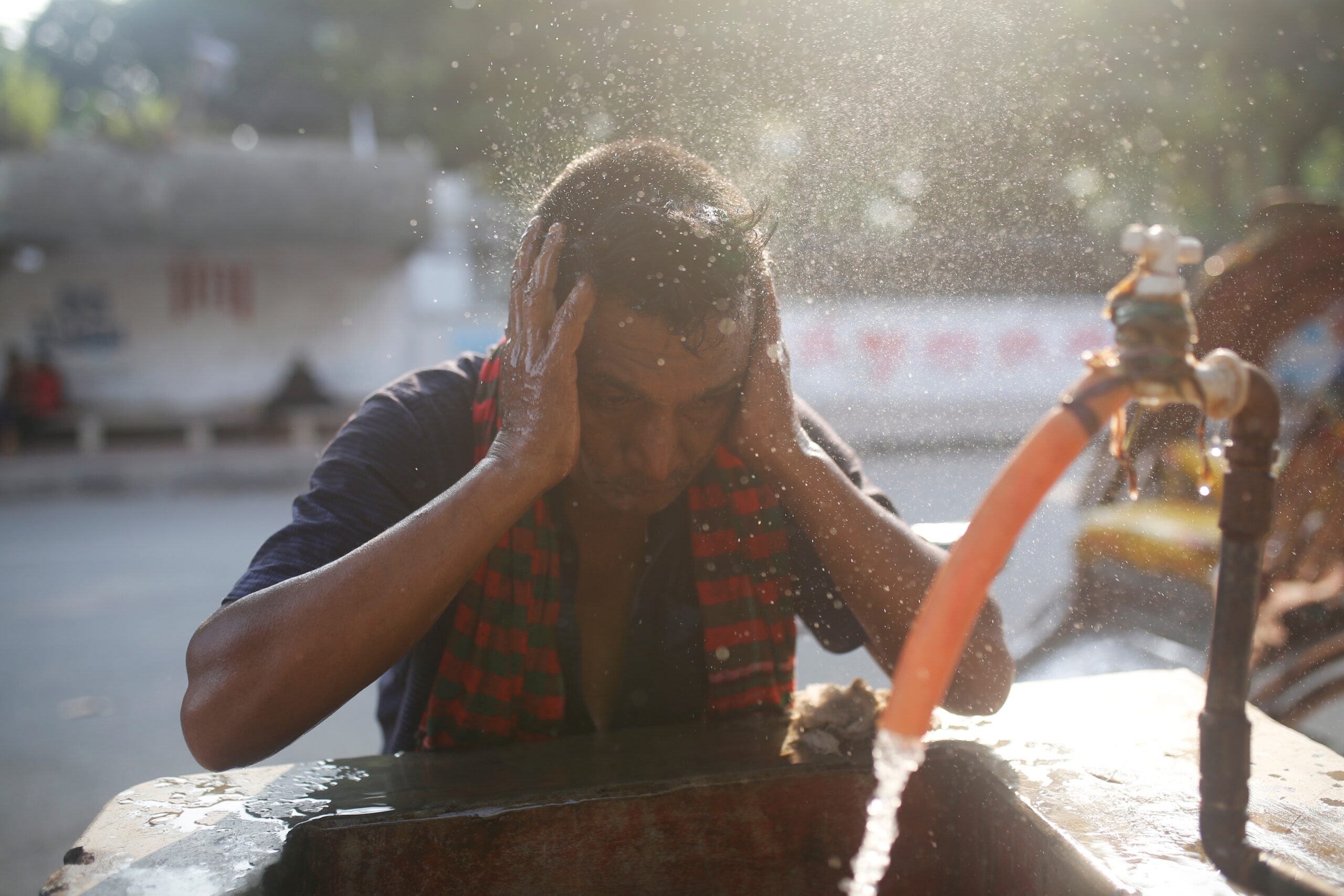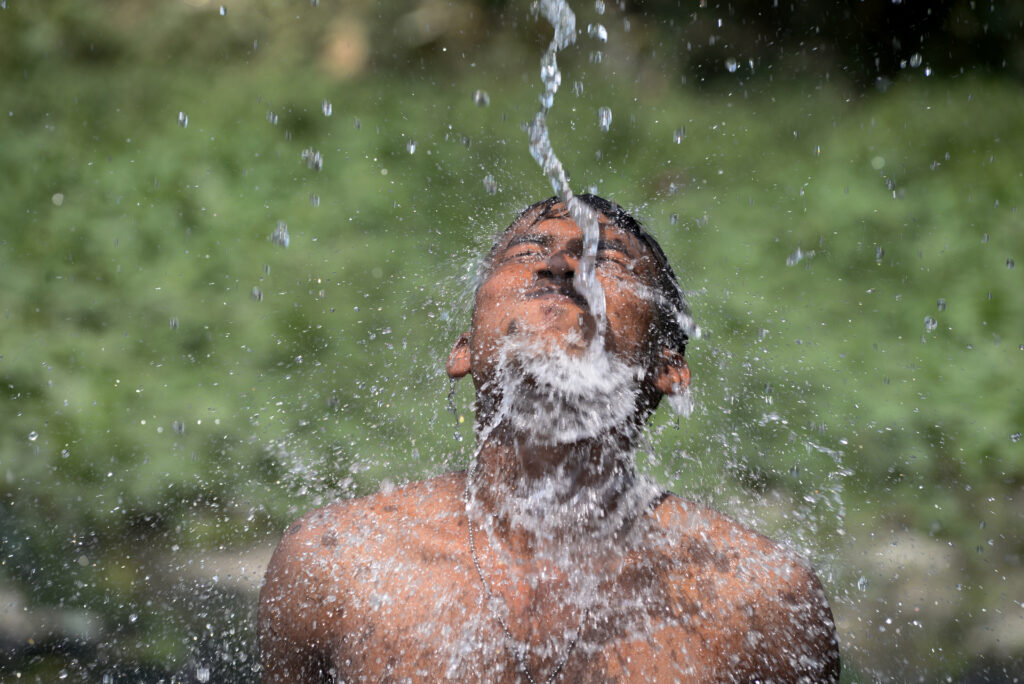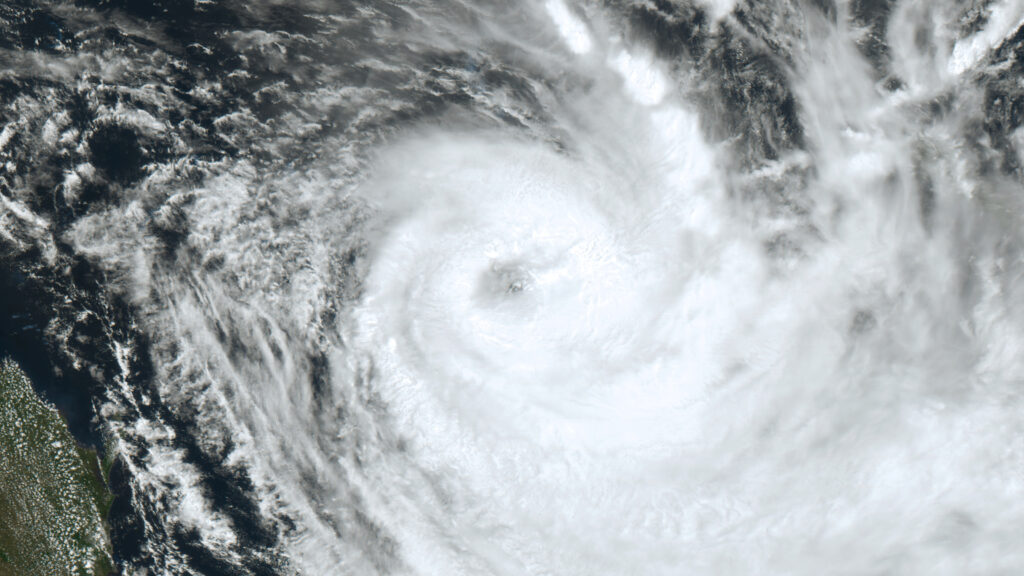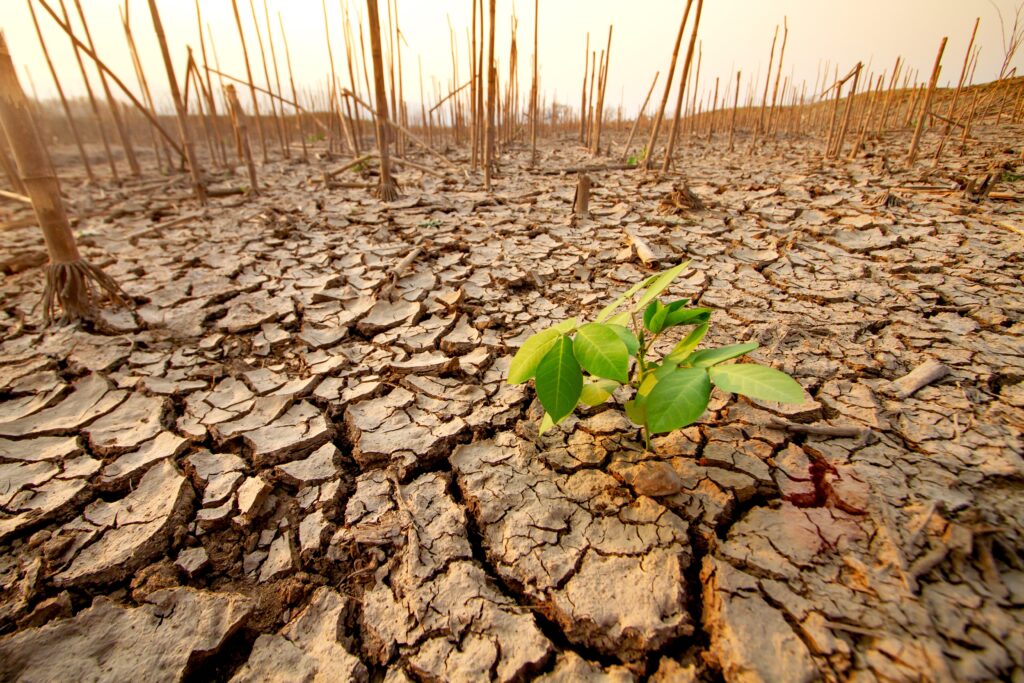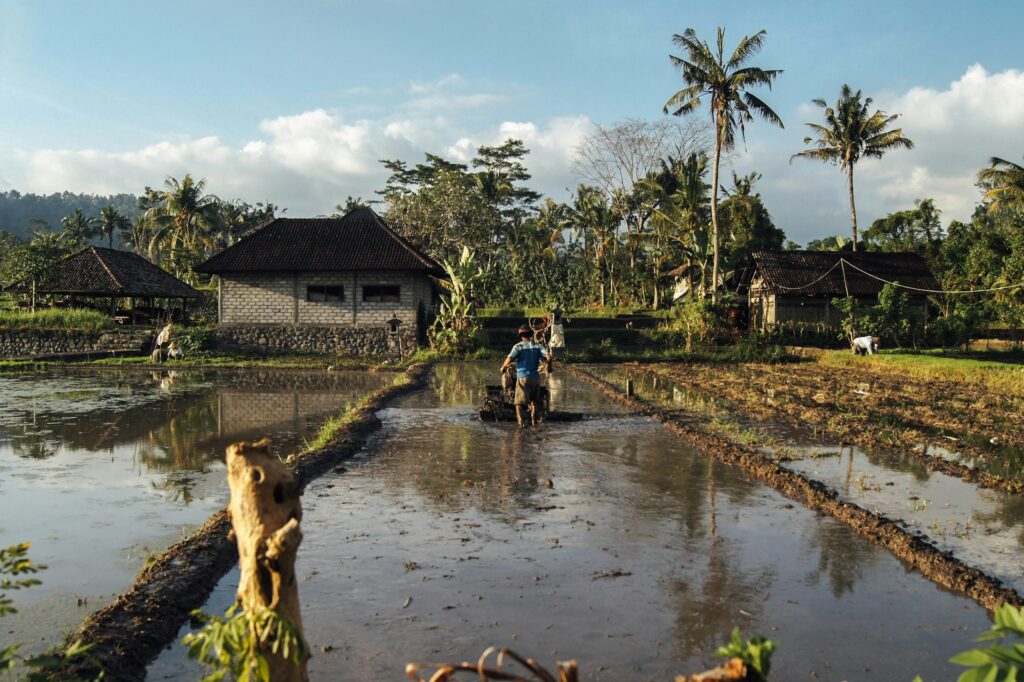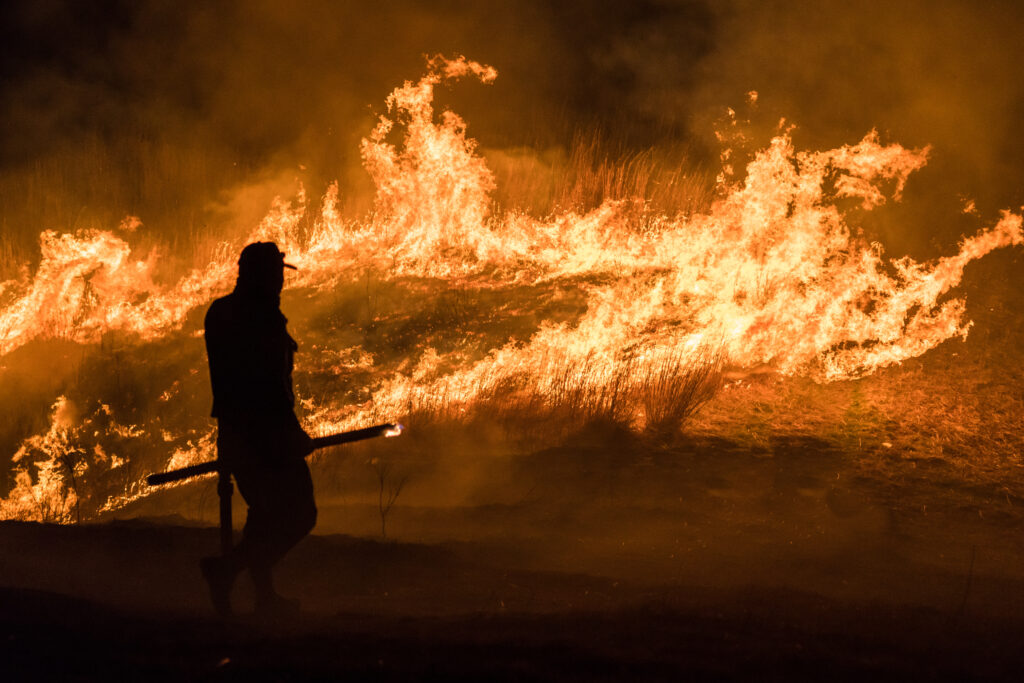Fuelled by ever-dangerous climate change, extreme heat has major implications for mental disorders, including anxiety and depression. Bangladesh is one of the world’s most at-risk nations from climate change, yet one of the least responsible for it. In the country of about 174 million people, nearly a fifth of adults have mental health issues, and research indicates that the mental health burden of climatic changes in Bangladesh is significant, especially among vulnerable populations.
Despite these issues, the nation has just a few hundred mental health practitioners, said Syed Tanveer Rahman, a psychology professor at the University of Dhaka. Furthermore, there remains a stigma around mental health issues and treatment, and these conditions in the nation are poorly understood.
How Heat Worsens Anxiety Symptoms and Other Disorders
Research has associated heatwaves and extreme heat with a range of mental health impacts. High temperatures are associated with increases in cases of anxiety, depression and suicide. They can also affect behaviour, contributing to increased incidence of aggression, violence and substance use, and can negatively impact attention, memory and reaction time. Sleep difficulties associated with extreme heat can contribute to and worsen such symptoms.
Soaring temperatures can also aggravate symptoms in those with existing mental health conditions. Reports show spikes in heat-related deaths in psychiatric patients and in mental health emergencies in times of high humidity and temperatures.
Heat, Humidity and Mental Health in Bangladesh
In a 2023 study published in journal The Lancet Planetary Health, researchers found that exposure to higher temperatures, humidity and worsening floods in Bangladesh heightened the likelihood of individuals suffering from anxiety and depression. A 1°C temperature rise had a 21% higher probability of an anxiety disorder and 24% higher likelihood of depression and anxiety together. This was a first-of-its-kind study for Bangladesh, contributing to the expanding global body of literature highlighting the significant association between climate stressors and adverse mental health outcomes around the world.
Additionally, an increase in air humidity was also linked to both anxiety and depression. The researchers noted that these findings are “alarming”, considering the Intergovernmental Panel on Climate Change’s (IPCC) projections of increased frequency and intensity of heatwaves and humid heat stress for South Asia, and Bangladesh in particular.
Moreover, the report emphasised the heightened vulnerability of low-income populations, who often endure outdoor daily labour with considerable exposure to heat and sun. People in urban centres, such as Dhaka and Chattogram, also face heightened risks due to urban heat island (UHI) effects.
The study’s lead author, Syed Shabab Wahid, an assistant professor in the Department of Global Health at Georgetown University’s School of Health, warned of more severe impacts to come. “As climate change worsens, temperatures and humidity will continue to increase, as will natural disasters, such as extreme flooding, which portends worsening impact on our collective mental health, globally,” said Wahid. “This should serve as a warning for other nations”.
The Individual and National Impacts of Mental Health
By 2050, climate change could displace 13 million people in Bangladesh, according to the World Bank. Psychologists said the grief and anxiety caused by climate change often originate from an overwhelming sense of helplessness stemming from communities’ economic situations. “The poor – whose livelihoods are already fragile and whose access to government support is limited – live on under threats looming in the horizon,” said Rahman of the University of Dhaka.
For example, farmers’ health, well-being and economic security are uniquely connected to their land, and extreme heat and drought threaten their existence. In central Bangladesh, a drought that ruined a watermelon crop in 2022 is causing mental anguish for the family of college student Ripon Mondal. “I can feel my father’s mental distress,” said Mondal. “He has to pay for our studies, and sometimes I feel terrible about the debts piling up.”
As climate extremes worsen, the impacts will have “significant and wide-ranging implications” both at the individual and national level, the report’s authors explained. At the individual level, mental health conditions can lead to diminished quality of life, reduced incomes and in turn poverty. Nationally, these effects can result in heightened healthcare costs and hindered economic growth. “The brunt of these effects will likely be felt more by lower-middle-income countries such as Bangladesh. Therefore, the need to address this issue is urgent and requires immediate action,” the authors added.
Addressing the Growing Crisis of Heat and Anxiety
Recognising this growing crisis of climate-related mental health disorders in Bangladesh, the government has pledged to monitor these issues in its 2022 adaptation plan, focusing on women and disabled people. The Lancet report authors also recommend that adaptation measures should be considered for climate-related extreme weather — particularly for highly vulnerable groups and those in urban centres that are most at risk due to high temperatures and sociodemographic conditions.
Further research is also needed so that policy interventions can be targeted and most effective, said Wahid. He has confirmed that the next steps for him and his colleagues are to develop and evaluate community-based interventions that are culturally appropriate for Bangladesh, including the provision of mental health services to the numerous communities impacted by climate change.
Evelyn Smail
Writer, United Kingdom
Evelyn is a freelance writer and journalist specialising in climate science and policy, the just energy transition and the human impacts of climate change. She writes for independent publications, NGOs and environmental organisations. Evelyn has a background in sustainable development, climate justice and human rights.
Evelyn is a freelance writer and journalist specialising in climate science and policy, the just energy transition and the human impacts of climate change. She writes for independent publications, NGOs and environmental organisations. Evelyn has a background in sustainable development, climate justice and human rights.

